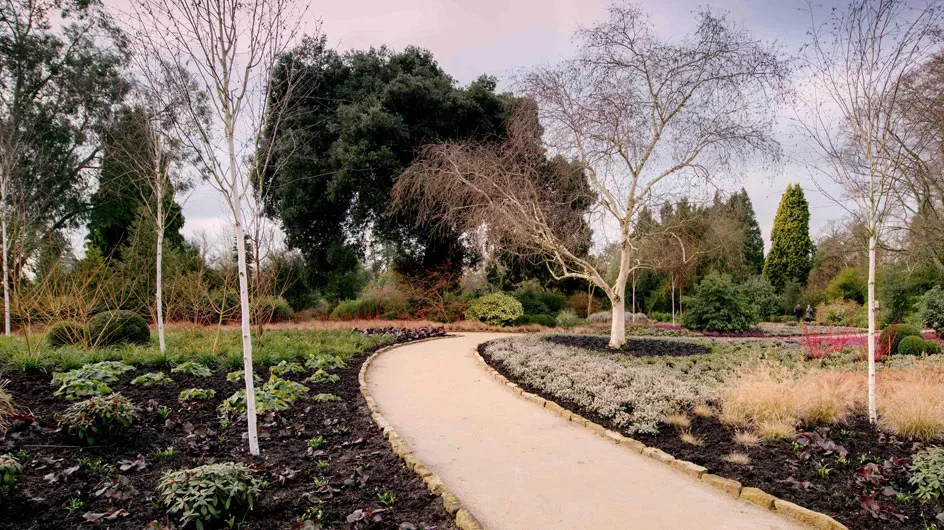KS4 Freshwater investigation
Pupils explore the biodiverse freshwater environment of Wakehurst wetlands and discover their importance for a sustainable future.

Level
Duration
Allocated space
Recommended dates
In this session pupils undertake freshwater ecology studies in the wetland area at Wakehurst, using pond dipping techniques to take samples of the invertebrates in the wetlands and observe the plants on which they depend.
Options in this workshop include; identifying adaptations, building food chains and calculating a biotic index to measure water quality.
Learning outcomes
We design our sessions to match the learning outcomes in the national curriculum. Our sessions have a cross-curricular approach and are tailored to suit the educational needs of your group.
We aim to give pupils opportunities to work scientifically in areas that are difficult or impossible to create in the school or college environment.
This session offers pupils the opportunity to:
- Identify pond invertebrates.
- Observe adaptations for aquatic life.
- Measure abiotic factors.
- Use pond animals as pollution indicators.
- Investigate water quality.
- Explore the interdependence of plants and animals in an ecosystem.
- Consider the impact of humans on wetlands.
Curriculum links
This KS4 visit supports and enhances the curriculum offered in schools and colleges.
Biology
- Levels of organisation within an ecosystem.
- Some abiotic and biotic factors which affect communities; the importance of interactions between organisms in a community.
- How materials cycle through abiotic and biotic components of ecosystems.
- The role of microorganisms (decomposers) in the cycling of materials through an ecosystem.
- Organisms are interdependent and are adapted to their environment.
- The importance of biodiversity.
- Methods of identifying species and measuring distribution, frequency and abundance of species within a habitat.
- Positive and negative human interactions with ecosystem.
Links to GCSE Biology specifications
- OCR Gateway Science Biology A B 4.1 Ecosystems.
- OCR Twenty First Century Science Suite - Biology B Chapter B3: Living together – food and ecosystems.
- Edexcel Topic 9 – Ecosystems and material cycles.
- AQA 4.7 Ecology.
